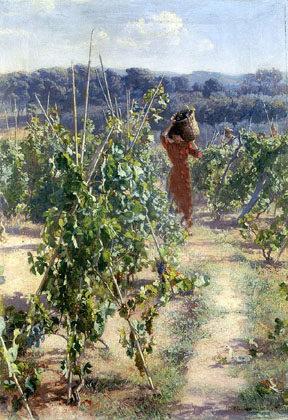The rules in this week’s parsha are about mercy.
First, if you have people working for you, you are not allowed to withhold their pay from them. They will call out to God, and that will be a sin on you.
Second, you can’t kill a man for something his dad did. Nor can you kill a man for something his son did.
Next, you should not withhold justice from foreigners and orphans. (These are the weakest members of the society.) You should not take a widow’s clothing as pledge for a loan. (Clothing was all handmade in those days. It was very expensive compared to today.) Remember you were slaves in Egypt!
When you harvest your field, don’t harvest every kernel. Leave some for strangers, widows and orphans. In the same way, when you knock the olives off your trees, leave some for the poor. And don’t harvest all the grapes in your vineyard either.
In those days, one of the punishments a court could give out was being hit. But the guilty person could not be hit more than forty times.
Mercy extends to animals: you should not muzzle your ox while he’s threshing grain. You’re to leave him loose so he can eat some grain while he’s working.
The next law can be viewed as a kindness toward women. It’s called Levirate marriage and it ensures that a woman can conceive a baby from her brother-in-law if her husband dies childless.
You should use honest weights. Don’t have one weight in your house and one in your purse.
The parsha ends on a kind of grumpy note: Remember Amalek and blot out the name because they attacked the rear of your camp when you weren’t ready.
Food for Thought
Why does the Torah follow a discussion of mercy with a command to blot out the name of Amalek?

